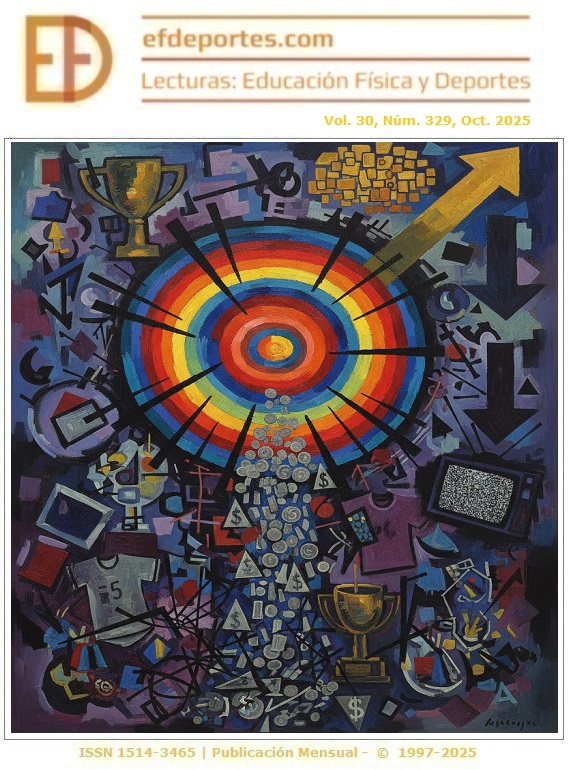When Chance Decides: The Role of Coin Flipping in Sports
Abstract
Coin flipping, originating in ancient Rome, is a traditional game that remains a simple and fair method for making decisions in sports (soccer, football, volleyball, etc.). It involves tossing a coin to fairly determine aspects such as initial possession, the side of the court, or who starts in penalty kicks. Although it is a random event, studies suggest that winning the toss may slightly increase the odds of winning (2.8% in cricket), and in penalty shootouts, the winning team chooses to start or not, winning in 60% of cases. However, there is no evidence that it determines the outcome of the match. Furthermore, it has become a popular betting market. Interestingly, the actual probability of it landing on the starting side is slightly over 50%. Coin flipping is a random event with little real long-term effect, but it injects confidence and entertainment.
References
Scarf, P., Khare, A., y Alotaibi, N. (2022). On skill and chance in sport. IMA Journal of Management Mathematics, 33(1), 53-73. https://doi.org/10.1093/imaman/dpab026
Sood, G., y Wllis, D. (2016). Fairly Random: The Impact of Winning the Toss on the Probability of Winning. ArXiv. Cornell University. https://doi.org/10.48550/arXiv.1605.08753
Copyright (c) 2025 Lecturas: Educación Física y Deportes

This work is licensed under a Creative Commons Attribution-NonCommercial-NoDerivatives 4.0 International License.









